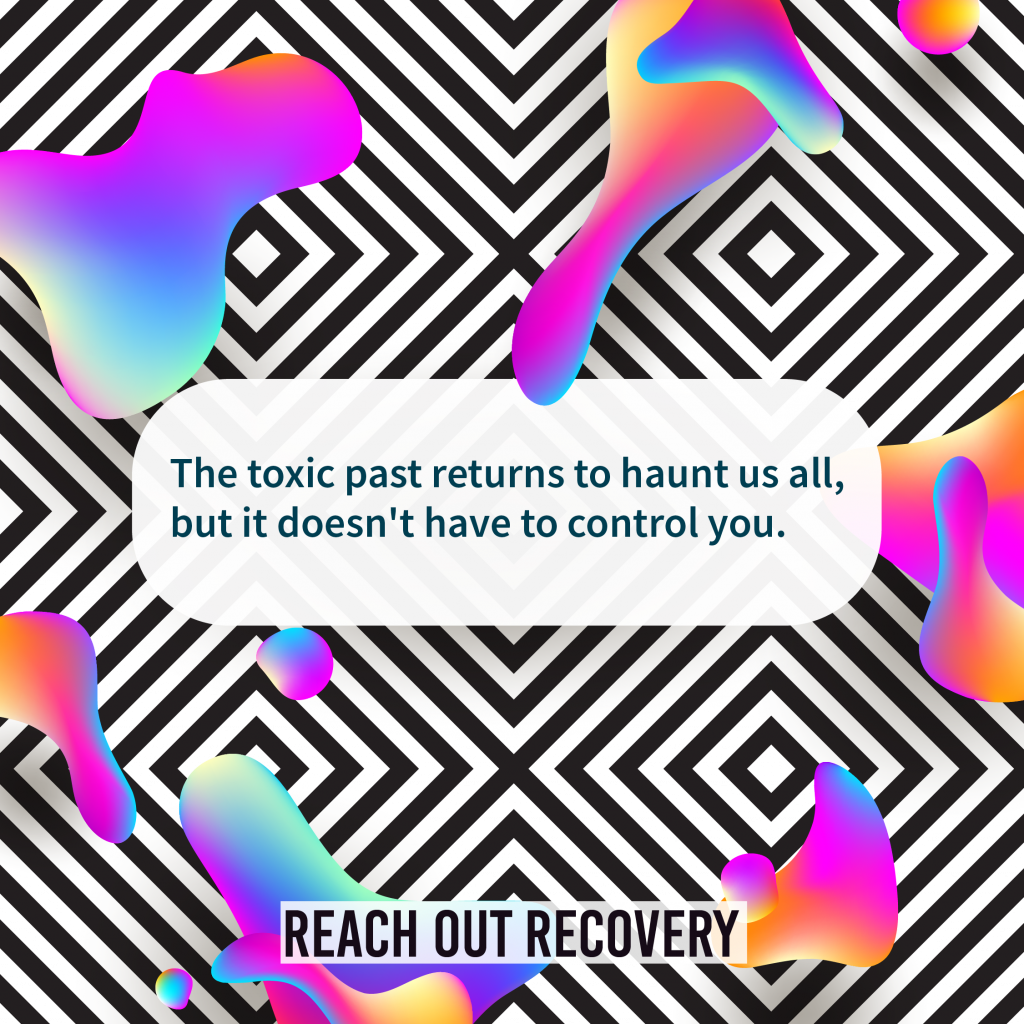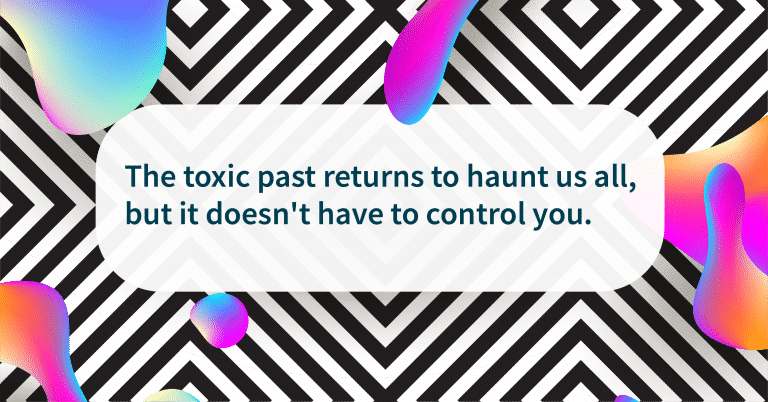
Who doesn’t have a toxic past?
Surviving a toxic past is necessary for any path – especially in recovery. Seriously, if you’re a person in recovery or multiple 12-step programs, which many of us are, it’s more than likely that there’s some trauma or toxic situations in your past. It’s nothing to be ashamed of, but it can affect your current life in all kinds of negative ways. It can be difficult to get through the effects of this trauma, but we’re here to give you some tips to help you feel a little better.
“The toxic past returns to haunt us all,” Lindsey wrote. “I started crying the other day while I was hiking. It just happened, and before I knew it, tears were rolling down my face. I finally stopped and took off my glasses to wipe my face just as this nice-looking guy passed me. Both of us with our dogs, dressed all sporty, in shape, and on top of a mountain on a brilliant morning in Southern California.
“But there I stood, with the pain in my heart written all over me. He looked at me with concern but also curiosity; and I felt caught, exposed, and embarrassed, so I knelt down next to my dog and pretended to do something. He passed, and I stood up and pulled myself together. Sort of.”
Read more HERE about how Reach Out Recovery co-founder Lindsey Glass uses her recovery plan to help get through the bad days.
It can be tough
But it has to be done. You don’t want to go through life with that constant rain cloud over your head. That’s why when you know there’s something bothering you, it’s important to address it and care for yourself. Talk to someone you trust. Make sure you’re understanding where these feelings are coming from. How do you acknowledge your needs and how do you survive the toxic past? It can be tough, but it can be done.





















